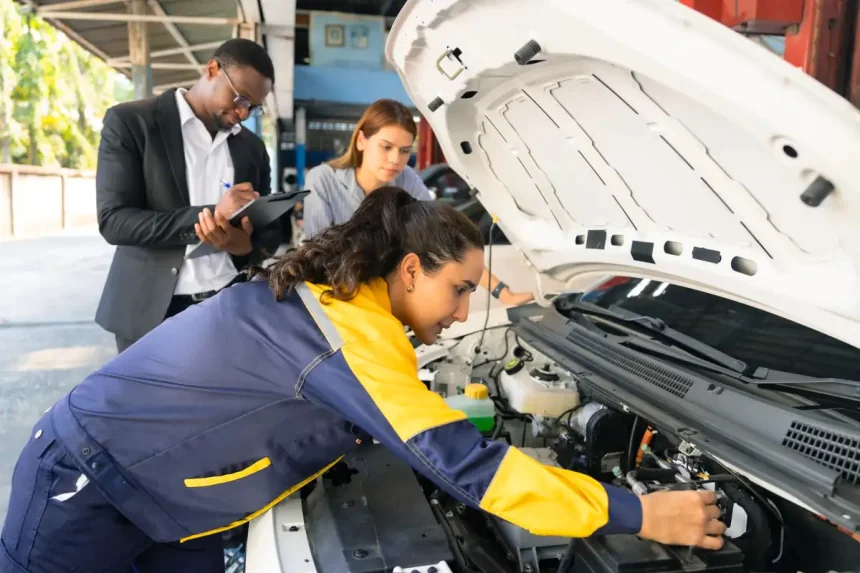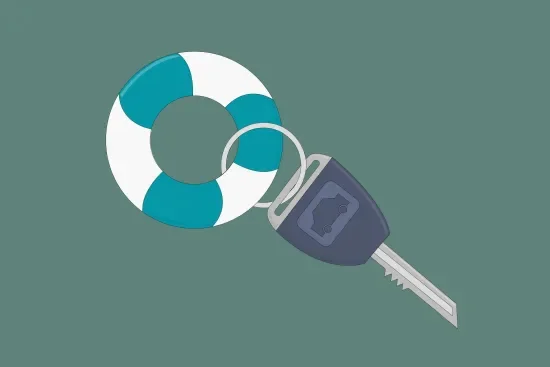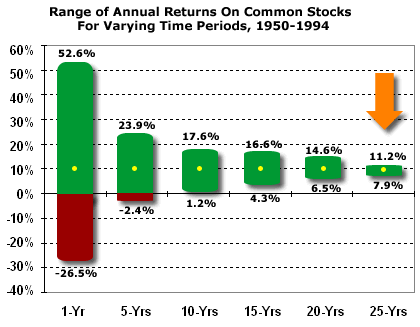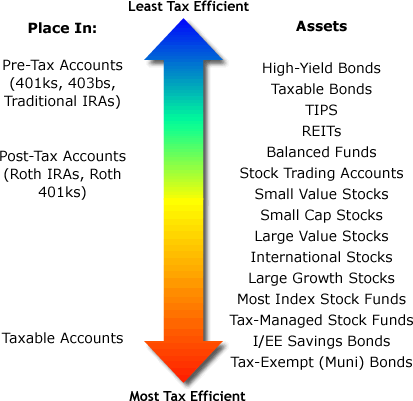3 Simple Strategies to Lower Your Car Insurance Costs
Even with a clean driving record and bundled policies, car insurance can still feel expensive. Discover three practical ways to reduce your premiums and keep more money in your pocket.

Car insurance bills have been climbing fast, and many drivers are feeling the pressure. Auto insurance costs jumped more than 11% in 2024 after an astonishing 20% spike in 2023, based on data from the
U.S. Bureau of Labor Statistics: https://www.bls.gov/opub/ted/2025/consumer-price-index-2024-in-review.htm
When renewal time arrives and the premium goes up again, it’s easy to assume you simply have to accept it. That isn’t true. Even if you’ve already tried the standard savings tips, there are still practical ways to cut your bill—without weakening your coverage or removing essential protections like collision or comprehensive.
Below are several often-overlooked strategies that can help reduce your car insurance costs, including one that might leave you with a safer vehicle overall.
Explore low-mileage savings
Most Americans rack up around 14,500 miles per year on the road, according to the Federal Highway Administration:
https://www.kbb.com/car-advice/average-miles-driven-per-year/#:~:text=How%20many%20miles%20does%20the,Highway%20Administration%20data%20for%202022.
If you drive significantly less than that, you might qualify for a low-mileage discount. A huge portion of the population now spends less time behind the wheel—remote work soared after the pandemic, and more than 20 million people worked from home in 2022. That shift removed roughly nine million commuters from peak-hour traffic compared to 2019:
https://www.census.gov/newsroom/press-releases/2024/travel-to-work-since-pandemic.html#:~:text=With%20more%20than%2020%20million,in%202022%20than%20in%202019.
Insurance companies rarely apply low-mileage discounts on their own, but many offer them if you ask. Less driving generally means fewer opportunities for accidents, and insurers reward that reduced risk.
Another option is usage-based insurance, often called telematics or pay-as-you-go coverage. These programs base your cost on how—and how far—you drive, typically monitored through a mobile app or a small device in the car. Some insurers determine your rate by mileage ranges; others charge by the day plus a per-mile cost. For remote workers, retirees, or anyone with a light driving routine, this can be one of the most powerful ways to save.
Keep your car in good condition
Routine maintenance doesn’t directly slash your insurance bill, but it helps protect you from the types of breakdowns that often lead to accidents—and accidents are a big factor in premium increases. Insurers evaluate risk, and a well-maintained vehicle is simply less likely to fail.
Basic upkeep includes consistent oil and battery checks, replacing brake pads when needed, keeping tires inflated and rotated, repairing lights, updating wiper blades, and making sure safety systems are working as intended. Many companies also offer guidance on maintenance, like this resource from Amica:
https://www.amica.com/en/resources/auto/maintenance/regular-car-maintenance.html
Good maintenance lowers the likelihood of collisions, which indirectly helps keep your insurance costs stable over the long run.
Consider raising your deductible
One of the quickest ways to reduce your premium is increasing your deductible—the amount you pay out of pocket before your insurance coverage applies. A higher deductible shifts some financial responsibility to you, lowering the insurer’s potential payout, which often results in cheaper monthly or annual premiums.
For many drivers, increasing the deductible from $500 to $1,000 can cut annual costs by around 25%, depending on your provider and driving profile. Consumer Reports has noted these savings patterns in typical scenarios:
https://www.consumerreports.org/money/car-insurance/how-to-save-big-on-your-car-insurance-a5155263103/
If you’re a low-mileage driver or rarely file claims, the long-term savings can easily outweigh the risk of paying more upfront in the event of an incident.
Share
What was your reaction?
 Like
0
Like
0
 Dislike
0
Dislike
0
 Love
0
Love
0
 Funny
0
Funny
0
 Angry
0
Angry
0
 Sad
0
Sad
0
 Wow
0
Wow
0













